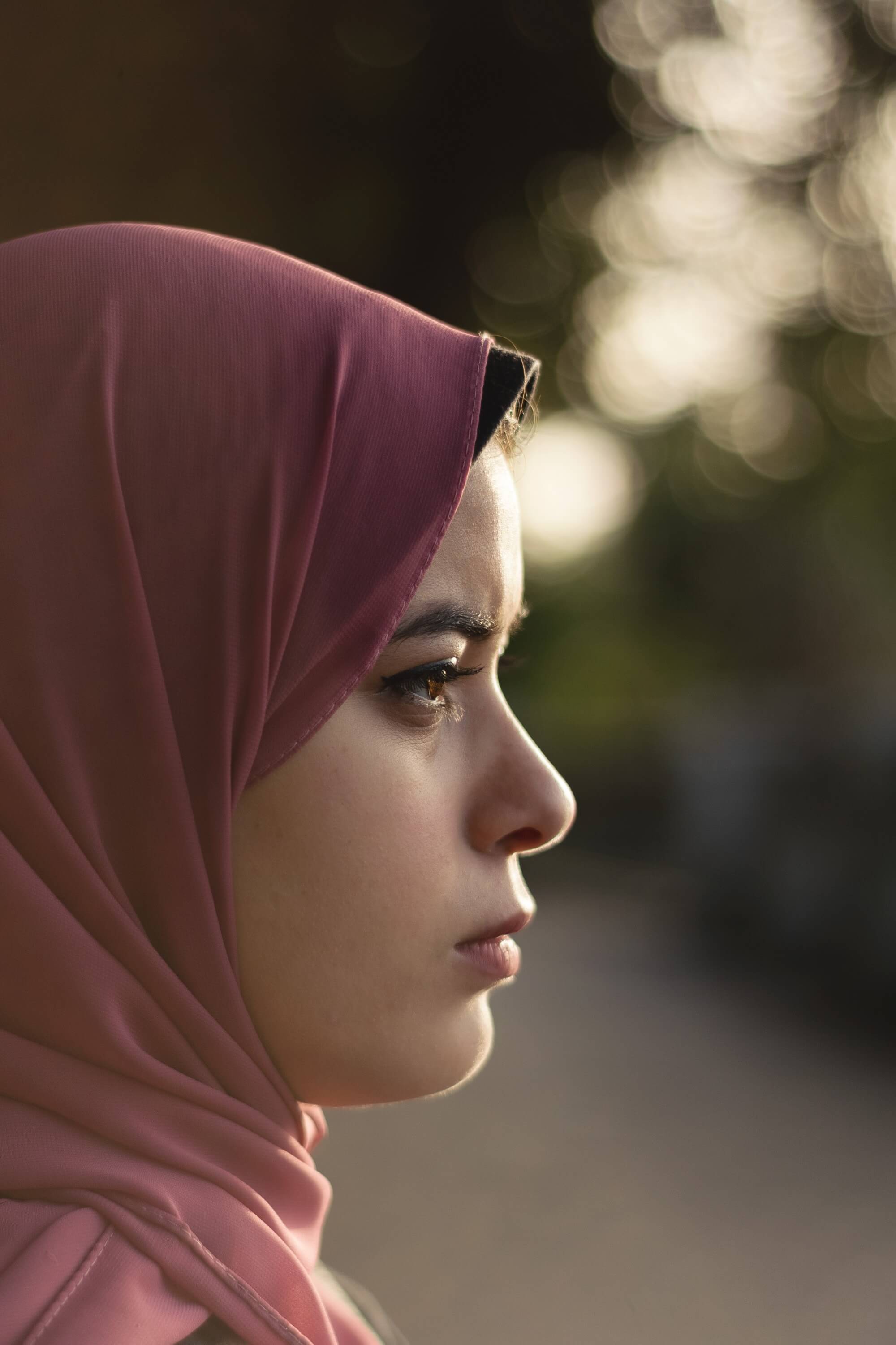Yemen: Freedom Flower ‘Has Withered Away’
Two decades ago, women in Yemen used to adorn their hair with the fragrant leaves of the al mashaqir, a traditional flower. Today, the flower is banned and women’s faces are covered with a veil.
Yemen’s move to a more conservative Islamic society has coincided with a drastic reduction in women’s rights, which is supported and even perpetuated by negative references to women in popular folklore, researchers said.
“These flowers are no longer there because women’s faces are all veiled. I do miss them for they stand for women’s freedom and respect,” said Arwa Othman, the director of the House of Folklore, a non-governmental group that organised a workshop last month titled: “Al Mashaqir: Violated Femininity in Folklore”.
The practice of wearing flowers started to slowly disappear at the beginning of the 1980s, according to Ms Othman. She attributed it to the influence of the Islamist views that Yemeni expatriates carried back with them from Saudi Arabia.
Our expatriates were influenced by the Sunni Salafis in Saudi Arabia and imported their views of the veil. We slowly started to see the al mashaqir and traditional dress vanishing to be replaced by the veil,” she said.
“Henna and other forms of decoration started to become haram or forbidden. Since then, our life has been covered by the dark [black dress] and society became more religiously conservative.
“As the al mashaqir has become haram or forbidden in the culture of today and has withered away, we think this is a part of the exclusion and abuse against women in our society. It is a symbol of abused femininity.”
Dozens of women – and men – attended the workshop, which looked at how references to women in proverbs, traditional fables and even songs were contributing to the repression of women in Yemen.
“Such kinds of tales and songs or even proverbs likening women to wizards or devils demonstrate the suffering of women that is still dragging on today.
“They have shown women as a source of disgrace, a source of degradation. The position of women today is based on this social attitude built on such folklore and literature,” Ms Othman said.
Some Yemeni proverbs that look down upon women include: “She waits, waits, waits, and finally, gives birth to a girl,” which implies that having a girl is a disappointment; “A woman’s mind lies in her ankle,” which implies women lack sound judgement; “The shade of a man is better than the shade of a wall”, which means any man is better than a woman staying single; and “Get your daughter married at age eight and life will be better”.
“Proverbs are a mirror of the culture of any society and direct peoples behaviour,” Afaf al Haimi, a professor of sociology at Sanaa University, said at the workshop.
“These proverbs which talk about women as a mother, daughter and wife show that the social opinion of women is very negative; they demonstrate the social oppression women had to tolerate in a male-dominated sphere for they present women as incomplete human beings, lacking intellect and even religiously weak.”
Another example of a fable that portrays women in a negative light is about Adwadahiah, who elopes with her lover and brings shame to her family.
A number of songs were written about the story with some expressing sympathy with a woman’s right to choose her husband but others highlighting how a woman can bring shame to society.
“This stereotypical image is still there, and we find there is a lot of discrimination against women today. Laws are tailored to favour men,” said Ms Haimi.
“We are considered affixes to men to the extent that women are not called by their names but mother or wife of so and so. It is not a simple thing but shows exclusion of women.”
Women have few rights in Yemen, one of the world’s poorest countries. Most are illiterate, are likely to be married before they reach adolescence, are frequently the victims of violence and live in abject poverty.
According to the Centre for Studies and Researches of Gender at Sana’a University, 130 Yemeni women were killed in 2007 in violent crimes against women. Another 970, including 345 younger than 18, were injured in attacks. The university attributed the cause of violence to early marriage, with the average age of marriage between eight and 15.
Despite Yemen’s conservative culture, there is no legal hurdle preventing women from participating in elections, either as voters or candidates.
But statistics point to a recent decline in the number of women running for office, even though female voter registration has increased.
The number of women who have won parliamentary seats has shrunk from 11 in 1990 to one in the current 301-seat parliament and two in the 111-appointed Shoura council.
Ali Abdullah Saleh, the president, pledged during his campaigning for the presidency in 2006 he would bring in a quota to guarantee women 15 per cent of parliamentary seats. The quota is currently in discussion in the Shoura (consultative) council, but last month a group of hardline clerics issued a fatwa, or religious edict, banning women from participating in politics.
Women are also not able to get passports or ID cards unless they have the approval of their husband or father.
Ms Haimi said another problem was the way in which men were able to marry and divorce with ease, while a women was always viewed with suspicion as a symbol of vice.
“Men are destroying the institution of marriage; they marry and divorce whenever they want, considering this as their divine right. This is against religion and basic human rights,” she said.
Author : Mohammed al Qadhi
Source: The National – 13 August 2008

